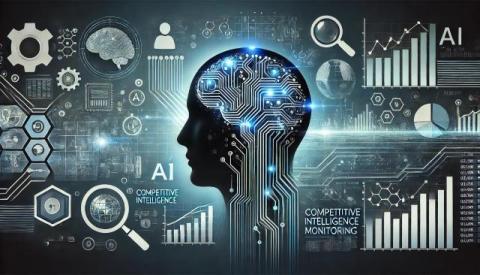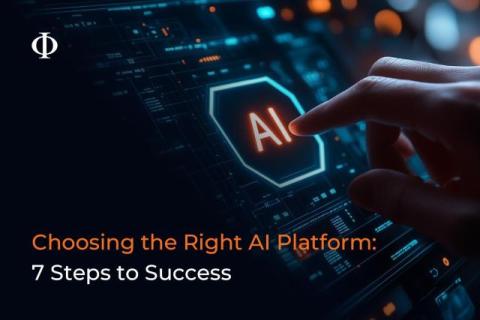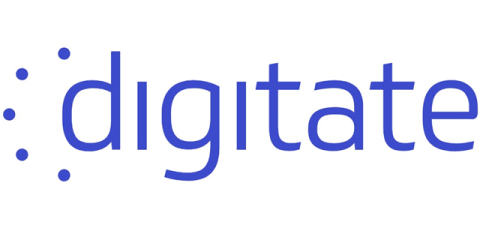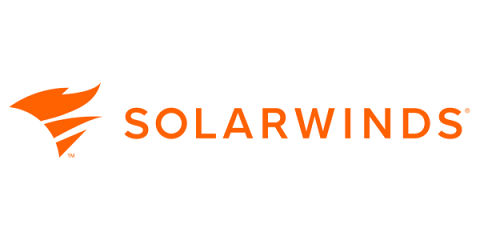The Benefits and Challenges of Using AI for Competitive Intelligence Monitoring
In today’s fast-paced and competitive markets, staying ahead isn’t just a luxury—it’s a necessity. However, keeping tabs on every move your competitors make can be overwhelming. This is where competitive intelligence (CI) plays a crucial role. CI involves tracking your competitors’ strategies, pricing models, and trends to gain insights that allow you to make informed business decisions.











